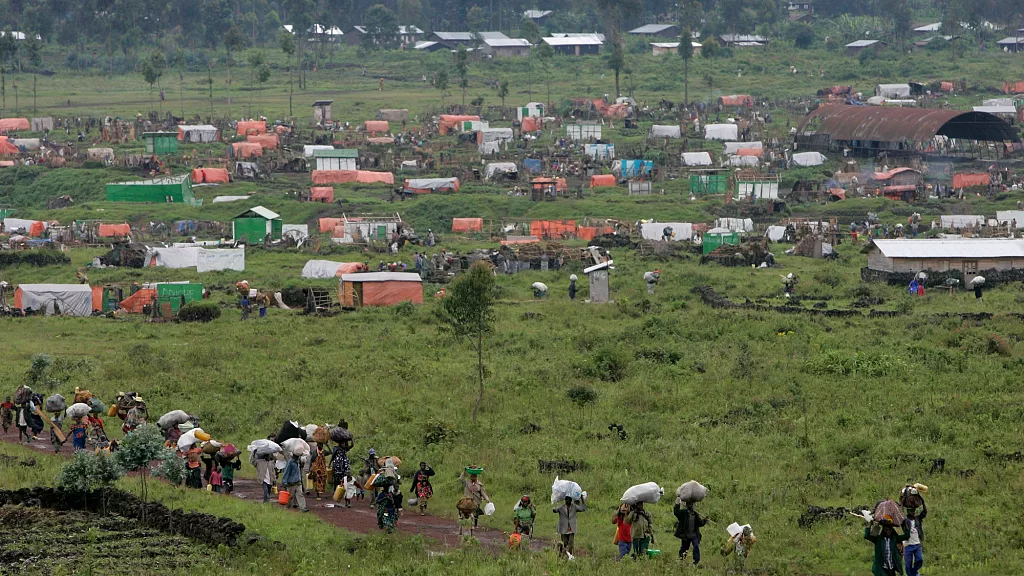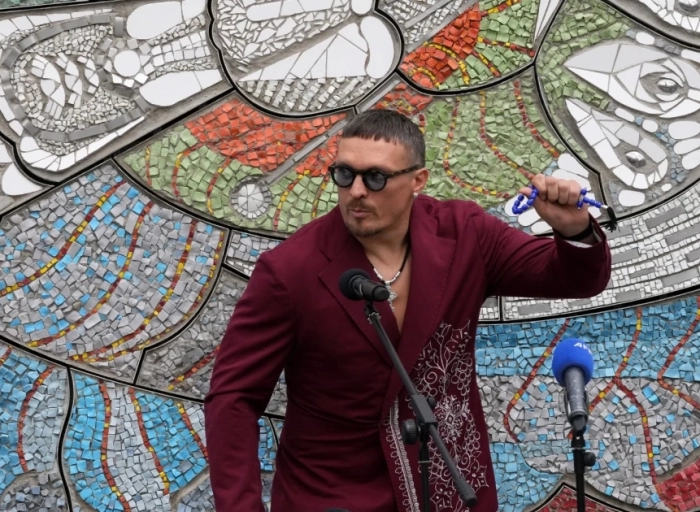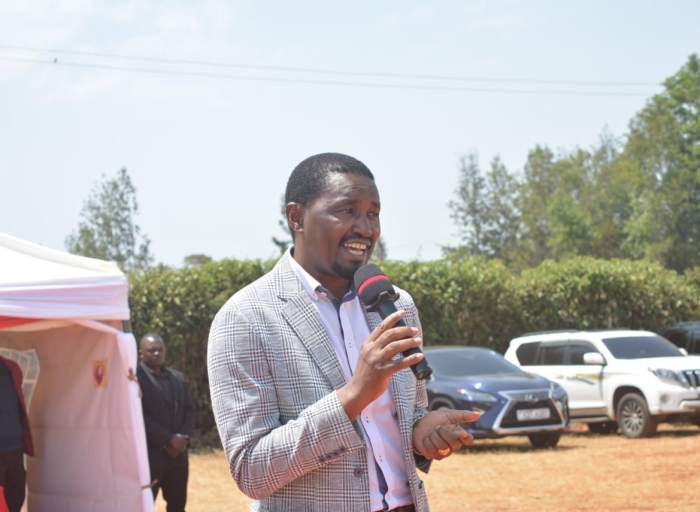Six months after a critical shutdown due to rebel advances, Uganda has officially reopened its border with the Democratic Republic of Congo (DRC), signaling a potential turning point in the region’s volatile security landscape.
The border closures at Bunagana and Ishasha in North Kivu province were triggered by the M23 rebel group’s seizure of Goma, a major commercial and strategic hub. The group’s resurgence, driven by long-standing grievances and regional tensions, has fueled renewed conflict in eastern DRC since late 2021.
Ugandan military official Chris Magezi announced the reopening on social media, confirming it was a directive from President Yoweri Museveni. Magezi also emphasized that an investigation would be launched into those who ordered the original shutdown, which severely disrupted trade and relations between local communities on both sides.
This development follows a recently signed peace agreement in Washington, where Rwanda and the DRC committed to supporting dialogue between the Congolese military and M23. The agreement is viewed as a critical diplomatic step toward de-escalation.
M23, primarily composed of ethnic Tutsis, has captured significant territory over the past year, including Goma. The DRC government accuses Rwanda of backing the group—allegations that have been echoed by the United States, citing credible intelligence. Rwanda continues to deny any involvement.
As borders reopen and negotiations gain traction, the region enters a fragile phase of cautious optimism. The success of upcoming peace talks will hinge on sustained international engagement and a genuine willingness from all sides to pursue lasting peace.




